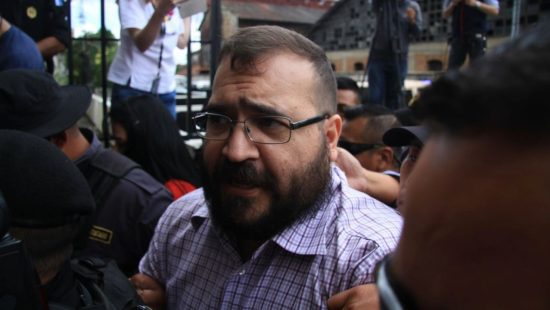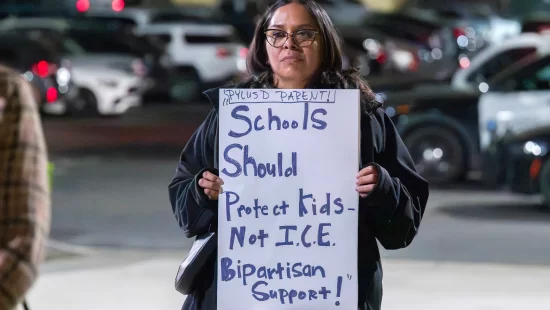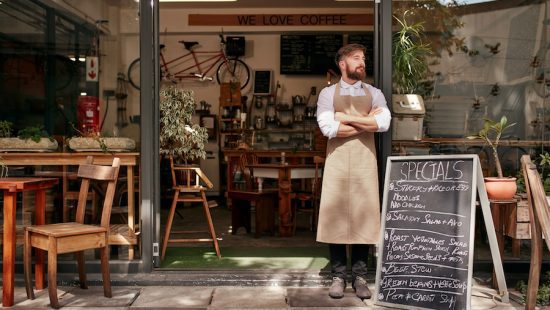El Salvador’s President Nayib Bukele took another step this week in his rapid advance toward absolute power. The Legislative Assembly, controlled by the ruling Nuevas Ideas (NI) party, approved indefinite presidential reelection on Thursday in an express procedure: a long-held dream of the popular Salvadoran leader and an image that is familiar in Latin America and has revived the ghosts of those who see the Central American country following the authoritarian playbook of governments like those of Venezuela and Nicaragua.
“The Latin American experience shows that indefinite reelection is a risk for democracy because it limits the alternation of power and makes it easier for strongmen to co-opt the other branches of government and uneven the playing field for other political parties. This is the experience we have seen in Venezuela and Nicaragua,” Juan Pappier, deputy director of the Americas division of Human Rights Watch (HRW), warned in an interview with EL PAÍS.
The measure was approved in a reform of several articles of the Constitution, with 57 votes in favor from all ruling party deputies and three votes against from the only opposition members. It also contemplates extending the presidential term from five to six years and annulling the second round of elections, as stipulated in the Salvadoran Constitution until now.
Although the ruling party justified it as a way to return power to the Salvadoran people, for Cristosal, the main human rights organization in El Salvador, which was forced to leave El Salvador this month after denouncing the siege by the Bukele government, the measure is the “coup de grace” to the Central American country’s democracy.
“What happened yesterday is a blow to the democratic system that does not return power to the people, but rather hands it over without limits to the Bukele family,” Cristosal’s executive director, Noah Bullock, told EL PAÍS. For him, the indefinite reelection is the culmination of “a systematic process of repression” that has driven human rights defenders and journalists into exile. “Following the dictator’s playbook, they are taking advantage of this context to perpetuate themselves in power,” he asserts.








